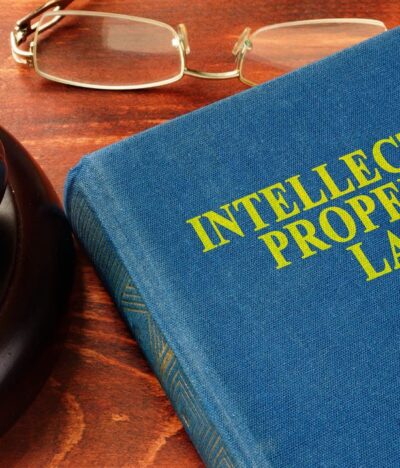A trademark is, essentially, a highly-specialized piece of intellectual property which companies develop as a signifier of their identity or brand, and to distinguish their products from those of their competitors. Trademarks come in different forms— words (or phrases), images, and even sounds—or a combination thereof. Contrary to what many people assume, the name of a company is not inherently a trademark (though, in many cases, a name can be trademarked, and many trademarks reference the name of the brand or company). The very word ‘trademark’ illustrates this function— it’s a ‘mark’ of a ‘trade’. The first trademark laws date from 1266 A.D. in England, when King Henry required bakers to burn a distinctive mark into their bread to distinguish themselves from their competitors. The modern legal concept of a trademark began in the late 19th century, in tandem with the Industrial Revolution which saw an explosion of new goods brought to market by new companies.
Read our white paper – Trademarks: What You Need To Know





